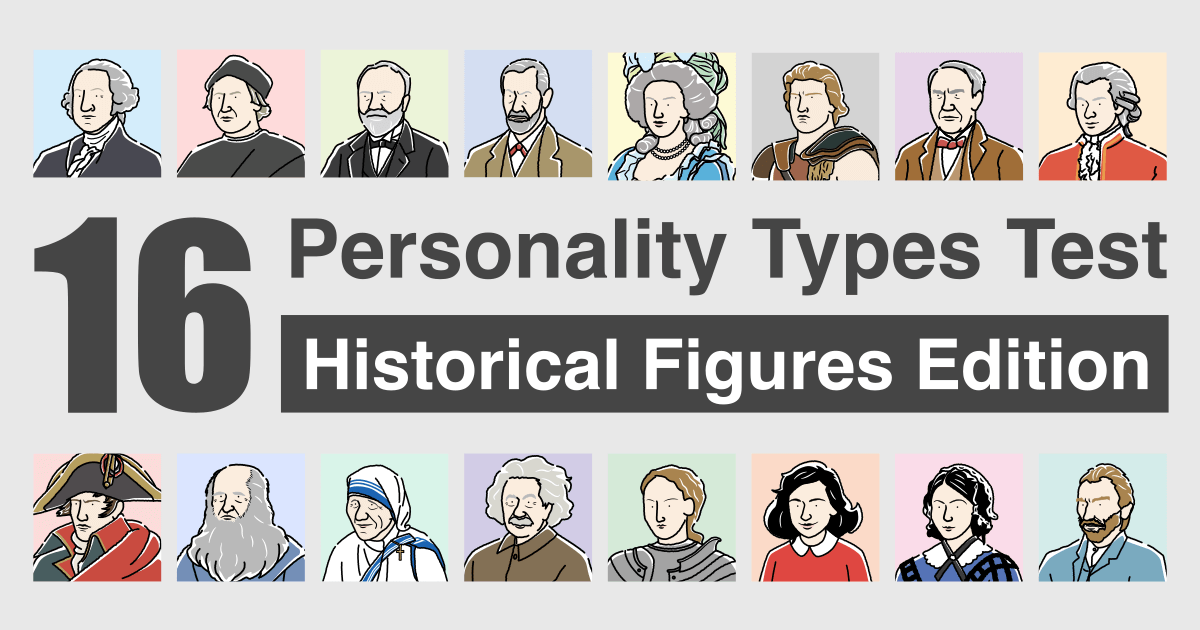Would I Be a Good Business Owner?, Would I Be a Good Designer?, Would I Be a Good Tax Accountant?, Would I Be a Good Physical Therapist?, Would I Be a Good Caregiver?, Would I Be a Good Pharmacist?, Would I Be a Good Childcare Worker?, Would I Be a Good Public Servant?, Would I Be a Good Medical Office Administrator?, Would I Be a Good Consultant?, Would I Be a Good Apparel Worker?, Would I Be a Good Judicial Scrivener?, Would I Be a Good Administrative Scrivener?, Would I Be a Good Accounting?, Would I Be a Good Lawyer?, Would I Be a Good Human Resources Specialist?, Would I Be a Good Customer Service Worker?, Holland Code Career Test, Would I Be a Good Creative?, Would I Be a Good Web Designer?, Would I Be a Good Freelancer?, Would I Be a Good Software Developer?, Would I Be a Good Nurse?, Would I Be a Good IT Engineer?, Would I Be a Good Sales Representative?, Would I Be a Good Administrative Assistant?, Would I Be a Good Nutritionist?, Would I Be a Good Psychological Counselor?, Would I Be a Good Teacher?, Would I Be a Good Game Developer?, Would I Be a Good Doctor?, Would I Be a Good Hairdresser?, Would I Be a Good Marketer?, Would I Be a Good Researcher?
